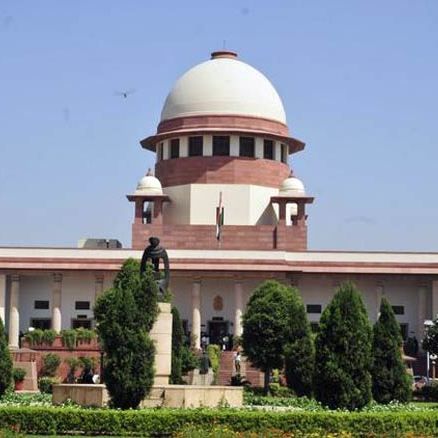
MUMBAI: Last Friday, the Supreme Court of India dismissed the Special Leave Petition of the Indian Performing Right Society Ltd (IPRS) vs. Union of India, wherein the IPRS sought to overturn the order of the Chief Justice, Bombay High Court, that allowed the Government to proceed with its enquiry into the alleged irregularities and violations by the Society between 1996 to 21 June 2013.
It all started on 27 February 2014 when the Central Government, Ministry of Human Resource Development (HRD), which oversees the Copyright Office, issued an Order stating that it is necessary to appoint an enquiry officer as per the provisions of the Copyright Act 1957 and Copyright Rules 2013, to look into the functioning of the society. The decision came after the Ministry received numerous complaints over the years, both from Indian and foreign rights holders, about alleged irregularities and violations in the functioning of the Society.
The alleged violations include: non-distribution of royalties to authors and composers by imposing illegal conditions; illegal transfer of mechanical rights and ringtones royalties by the IPRS to Phonographic Performance Limited (PPL); forgery of signatures or misrepresentation by the management of IPRS to the Ministry; and reasons for non compliance of the Rules by IPRS for its re-registration. The operative portion of the order was the appointment of Justice Mukul Mudgal, a retired Chief Justice of Punjab and Haryana High court, as an enquiry officer to inquire into alleged irregularities in the administration of IPRS. Apart from the enquiry on irregularities, the officer was expected to provide feedback to improve the administration of the IPRS.
In June 2014, the Society filed a Writ Petition, IPRS vs. Union of India, in the Bombay High Court challenging the government on two grounds: IPRS claimed that its body was no longer a society (it had withdrawn its application for re-registration a few days earlier); and, second, that the enquiry officer can only be an officer not below the rank of Deputy Secretary to the Government of India. The Society claimed in its petition, that a former chief justice cannot be treated as the officer in charge. Justice Mudgal then resigned from the post as he “did not want his qualification to be a subject matter of litigation”.
In its Order dated 13 March 2015, the Bombay High Court stated that “the society has not approached the court with clean hands”. On one hand, IPRS contended that it ceased to be a copyright society from 21 June 2013; on the other hand, the society had filed a suit in Delhi High Court, verified on 23 April 2014, that it is a copyright. The society took a similar stand in other proceedings in the year 2014-2015.
The High Court rejected the submission of IPRS on the basis that it was a society at the date of issuance of show cause notices, and also during the time alleged irregularities happened, which is why it will have to go under the scanner. The Court reasoned: “if we were to accept the submission of the petitioner, it would be adding premium to dishonesty. In a given case, a society registered as a copyright society, after having committed irregularities and violations of the Act and the Rules, to avoid an enquiry, would simply deregister itself.” Therefore, the court stated that it did “not find any merit in the petition”.
The dismissal of its Special Leave Petition by the Apex Court closes all legal options for IPRS. The ball is now in the court of the feisty minister of Human Resource Development to appoint an Enquiry Officer to conduct a compliance review of the Society with the Copyright Act and Rules between 1996 and 21 June 2013.
Apart from the Government, the IPRS has also been on the radar of the International Confederation of Societies of Authors and Composers (CISAC), which acts as a regulator of the global network of Copyright Societies. For two years, it had been seeking IPRS’ permission to conduct a compliance review of the working of the society, which finally took place a few weeks ago. Considering that the society has not held any elections in over a decade, and with its legal setbacks, it is doubtful that IPRS will pass muster. There has never been a better time for a complete overhaul of the boards of IPRS and PPL.
Log on to www.radioandmusicbiz.com for more.